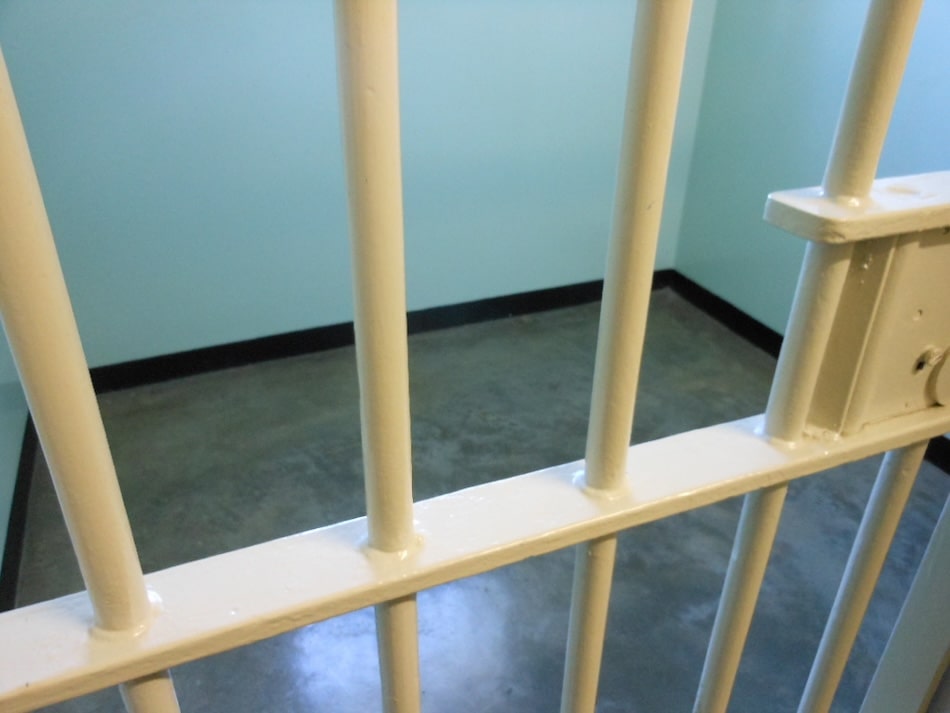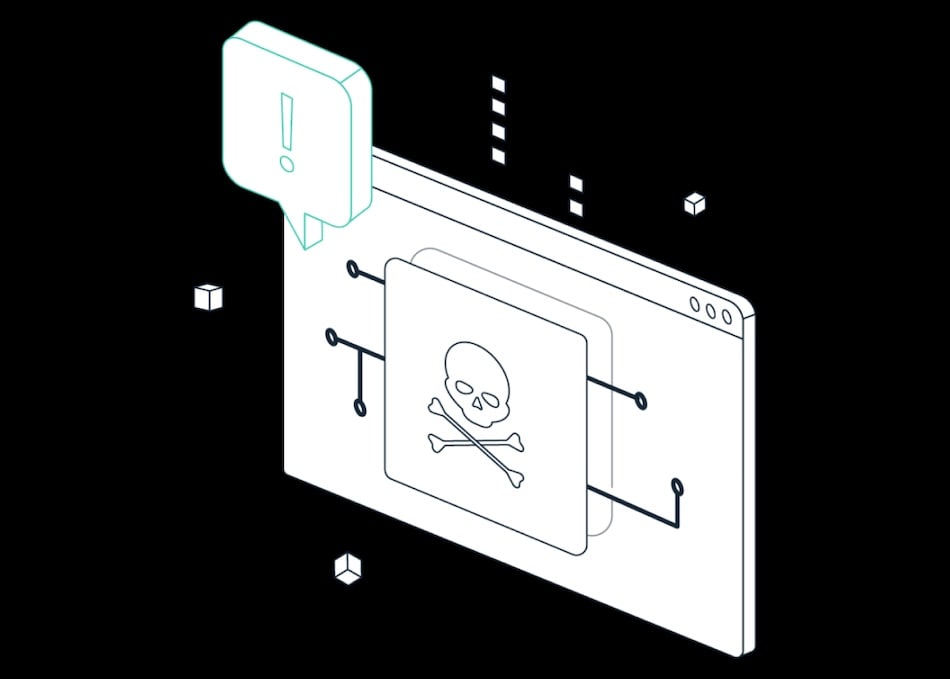
Key Takeaways
- Pakistan has allocated 2,000MW of surplus electricity to Bitcoin mining and AI centers.
- The Ministry of Finance has introduced tax and duty incentives to attract foreign investment.
- A new regulatory body, the Pakistan Digital Assets Authority, will oversee Bitcoin mining and blockchain infrastructure.
Pakistan has set aside 2,000 megawatts of surplus electricity for use in Bitcoin mining and artificial intelligence centers, part of a digital infrastructure push led by the Pakistan Crypto Council and endorsed by the Ministry of Finance.
Initiative announcement & goals
The initiative, announced on May 25, will begin by supplying excess power to Bitcoin mining and AI operations.
Finance Minister Muhammad Aurangzeb stated that the strategy is expected to bring in billions in foreign investment and create skilled tech jobs.
In a later phase, the government plans to incorporate renewable energy sources to reduce environmental impact.
Incentives for global interest
To lure global interest, Pakistan’s Ministry of Finance also introduced tax breaks for AI centers and duty exemptions for Bitcoin miners.
Several international companies have reportedly sent delegations to assess potential investment opportunities.
Leadership & vision
Bilal Bin Saqib, CEO of the Pakistan Crypto Council, called the plan a “turning point” for the digital economy.
Saqib originally proposed utilizing excess electricity for mining operations at the council’s inaugural meeting on March 21, which included top financial and technology officials.
Regulatory framework
Further strengthening the initiative, Pakistan approved the creation of the Pakistan Digital Assets Authority (PDAA) on May 21.
The agency will regulate exchanges, wallets, token platforms, and oversee national asset tokenization and Bitcoin mining operations.
Bitcoin adoption & future projections
According to Chainalysis, Pakistan ranked ninth globally in Bitcoin adoption in 2024, driven by strong retail participation.
Statista projects over 27 million Bitcoin users in the country by 2025.




